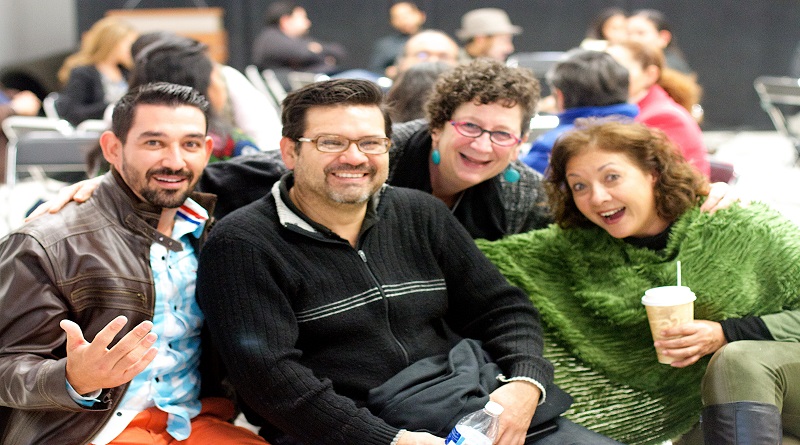Have you an interest in learning about different communities and working with people in a diverse world? Are you understanding, open minded and eager to be involved? Then have a think about a course in Community Studies. It could be exactly what you’re looking for.
What are community studies?
Community Studies is an academic field that draws on anthropology and sociology and uses social research methods in order to study communities. These research methods include ethnography and participant observation.
Community studies allows people from different communities to not only support each other and interact but also to understand not only each other’s communities but also their own communities.
What third level courses are available?
Universities and college in Ireland are offering courses in the following subject areas:
- Community and Addiction Studies
- Social, Political and Community Studies
- Community Care with Social Studies (PLC)
- Community Health Services (PLC)
- Social Studies and Community Care (PLC)
- Youth Work & Community Development including Criminology and Addiction Studies
Studying Community Studies in college
There are more PLC courses in this area than undergraduate courses but the PLC courses can guide you into an undergraduate course in a relevant area. All PLC courses in this area are one year long while the postgraduate courses that are available are all four years.
In your PLC or even your first year of your undergraduate course, you will gain a strong foundation in the subject area and understand the basics of communities as well as applying both a sociological and anthropological mind to your studies. You will gain knowledge in areas such as working within communities and people of different communities, communication and personal development, concepts within communities and much more.
If you are studying an undergraduate course, as you continue into second and third year you will look more in depth at certain areas and depending on the course, you may look at areas such as community psychology, economic and social analysis and issues communities are faced with including diversity and equality.
Different courses will differ in their exact material and content covered but for the most part you will have a strong grounding, understanding, skills and knowledge to be ready to work within communities in the role you desire. In a lot of courses you will have the opportunity to go on work placement and gain practical experience.
Career options
There are a few different areas you can work in from a degree in this area. Many who study a PLC will continue on their study at undergraduate level in a relevant area. Those who have already done an undergraduate level may go on to study at postgraduate level and possibly move into areas such as counselling, psychology or other areas similar. Some may then continue on and continue their research or go into teaching and lecturing roles in universities and colleges.
There are a number of roles you can work in which you will see listed below such as a community worker or community development worker, for example. Like any course, your desired role is completely up to you and you can pave your own path depending on what exactly you want to do with your career.
Some skills and qualities that are necessary in this area include excellent communication skills, leadership skills, the ability to listen and understand others, self motivated, strong organisation skills and management skills, empathy, a good manner with people and a willingness to help others. You will always need to have an interest in learning about different communities, how they work and look in depth at the things that make each community individual and unique.
Related Jobs
- Community worker
- Community development officer
- Researcher
- Youth worker
- Guidance Counsellor
- Advisor
- Counsellor
- Addiction Counsellor
- Politics
- Community advocate
Further Study
Many people want to specialise in a specific area at a master’s level.
Visit postgrad.ie for more information.
FAQ
Different courses and different colleges will have different entry requirements. It’s always safest to check with the individual higher education institution which is available on their websites. As a general rule Leaving Cert students should have a minimum of six subjects which should
include: Two H5 (Higher Level) grades and Four O6 (Ordinary Level) grades or four H7 (Higher Level) grades. Subjects must include Mathematics, Irish or another language, and English.
PLC courses will accept Leaving Certificate results. Specific courses may have their own requirements. For example, some courses may have a certain interview process or expect a portfolio of sorts so it is always important to look into these things in depth.
A number of courses in this area are on an interview basis therefore do not require a certain number of points. The points required for Social, political and Community Studies in Carlow College were 216 in 2020. Community and Addiction Studies in Limerick Institute of Technology required 235 points last year.
Where can I study?
For other courses in the area you would like to explore, you can do so here.
Did you know?
- There are a few different types of communities – Interest communities, Action communities, Place communities, Practice communities and circumstance.
- The english word for ‘community’ comes from the french ‘comuneté’ which comes from the Latin word ‘communitas’.
- The latin word ‘communitas’ means ‘public spirit’












Comments